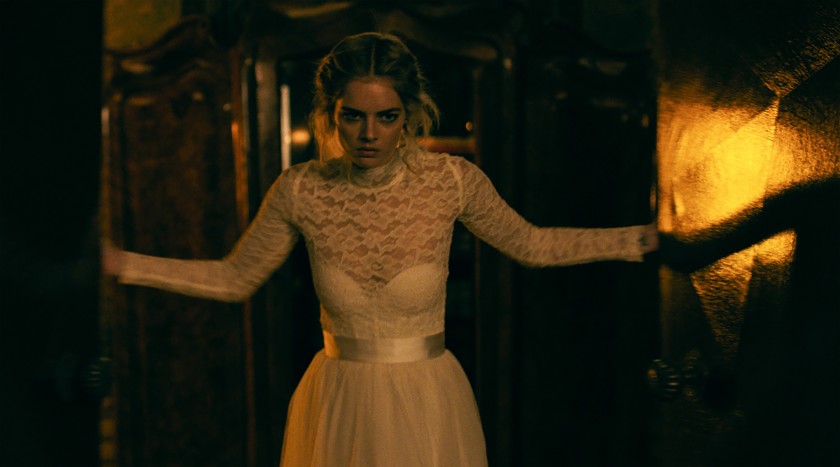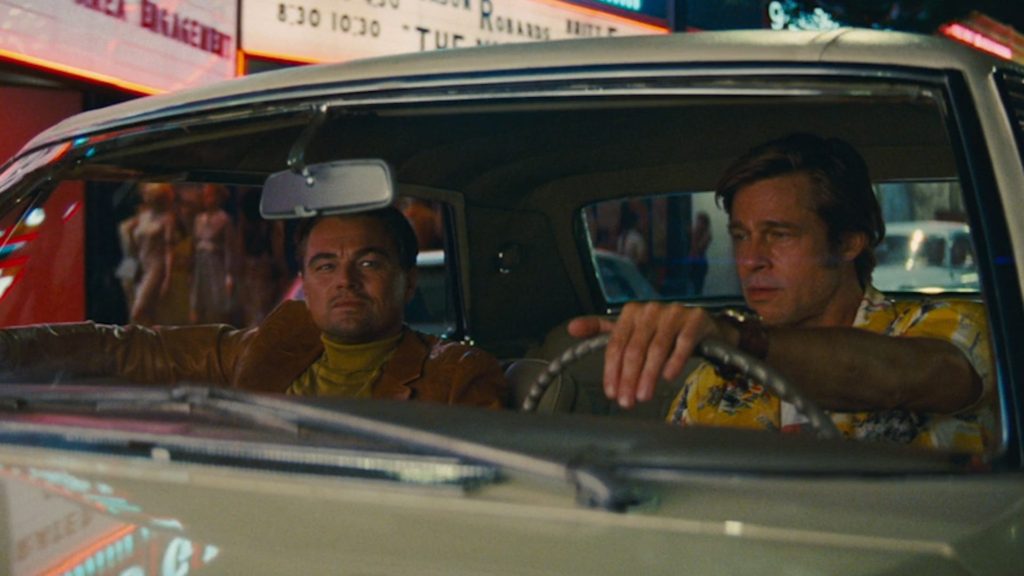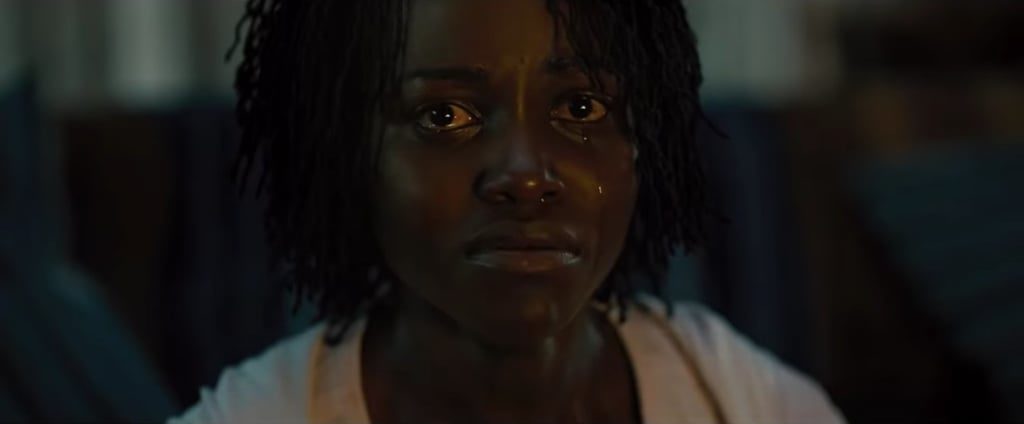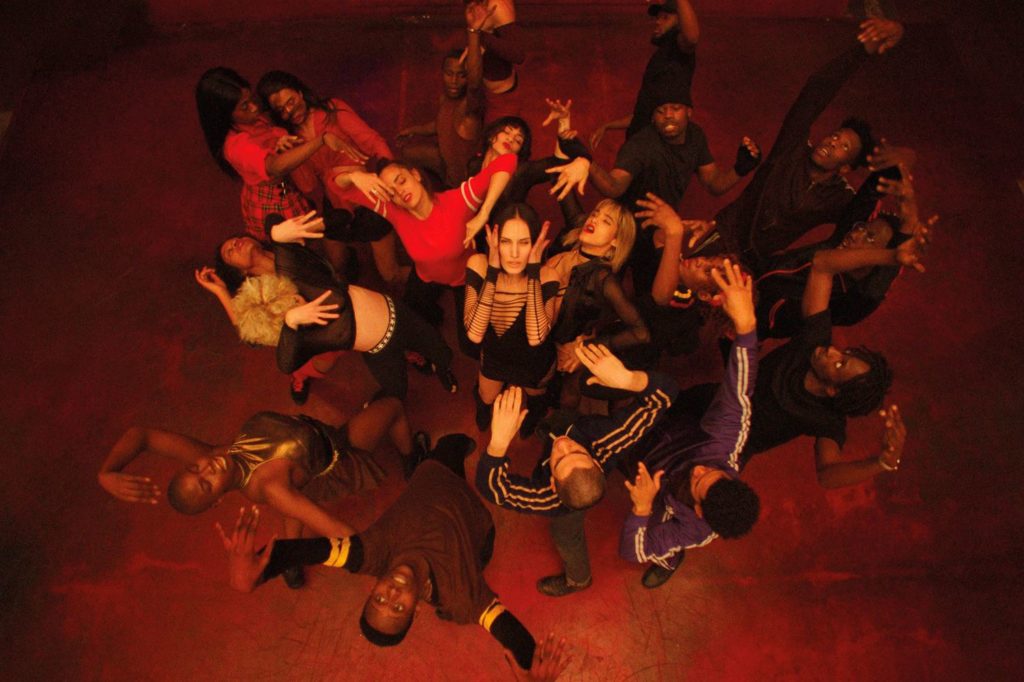Luce: He’s Black and They’re Proud
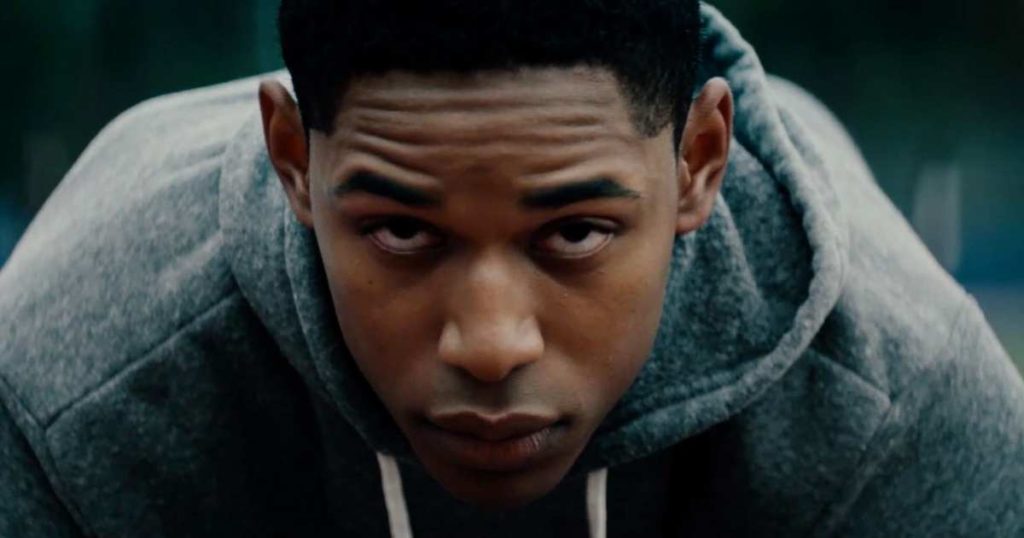
He’s the valedictorian. His teachers often ask him to give inspirational speeches, which he delivers with disarming sincerity. He’s also a star athlete, a sprinter who runs in the upright style of Michael Johnson. And he excels on the debate team, where he presents his lucid arguments with a confidence that never slips into arrogance. His name is Luce, and as the school principal puts it, he is the very definition of a model student.
And Luce, while an imperfect film, feels similarly paradigmatic. Coursing with energy, insight, and relevance, it is exactly the kind of movie that American audiences should be watching right now, as the world burns and cultures clash. Unashamedly provocative, it is designed not to shame but to stimulate, to inspire discussion and reflection. It asks complex questions—about race, sex, drugs, criminal justice, even the platonic conception of the American dream—and then demands that you hunt for the answers. It holds up a mirror to the country and forces you to confront what you see. Read More

